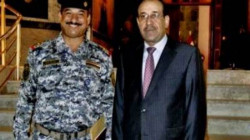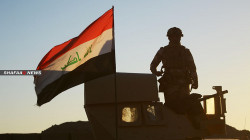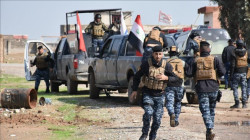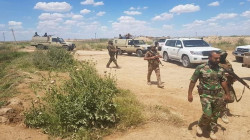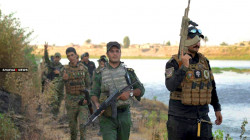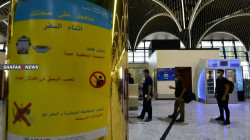Iraq: Five years after the battle of Mosul, people still need support
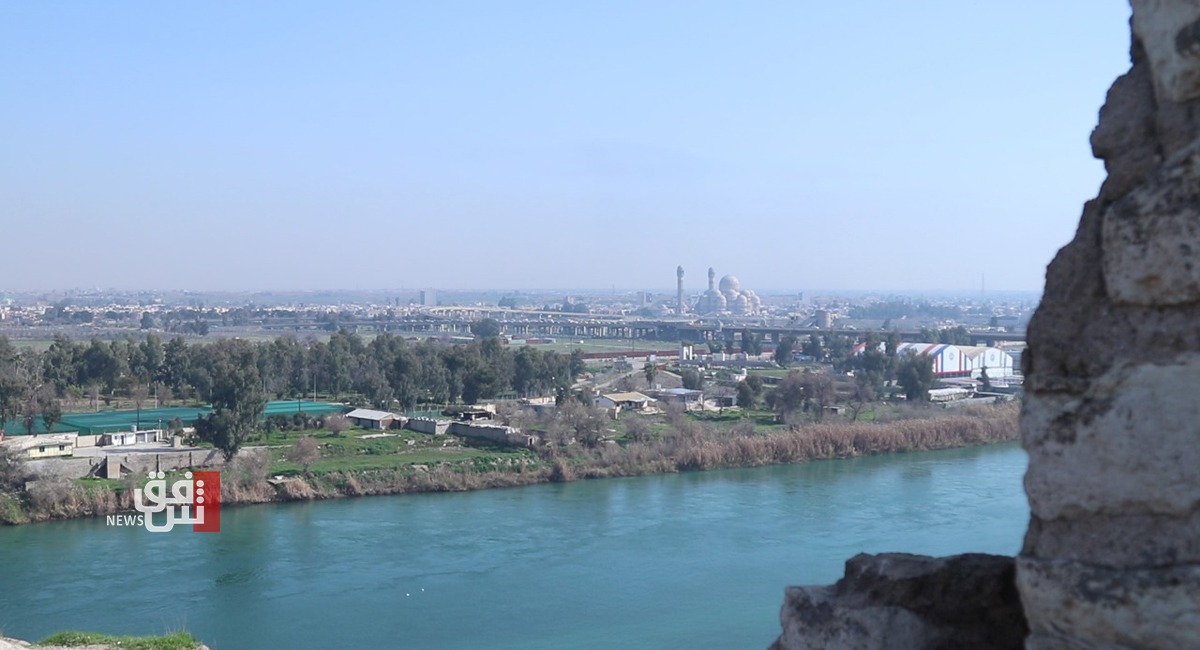
Shafaq News/ It has been five years since the battle to retake the city of Mosul, Iraq's second-largest city, from the Islamic State group (ISg) was officially declared “over” on July 10, 2017. For the city’s people, life has slowly resumed, but rebuilding Mosul’s infrastructure is a slow and arduous process, and the health care system is no exception. Doctors Without Borders/Médecins Sans Frontières (MSF) teams provided medical humanitarian aid in and around Mosul throughout the fighting and have been supporting the recovery of the city’s shattered health system since the battle’s end.
“Mosul has seen radical changes over the last five years,” said MSF health promoter Sahir Dawood. “The first time I went back to the city, just after the end of the battle, it felt like a ghost town. I would look to my right, to my left, and the only things I saw were rubble, destroyed buildings, and empty streets, with a few exhausted people here and there. But now, when I go around the city, I see people working and going out. I see buildings standing, streetlights lit during the night.”
Today, bridges that were destroyed during the war have been rebuilt, once again connecting the West and East sides of the city. Barriers and checkpoints have been gradually removed—a sign of improved security. Today, parents are no longer afraid to let their children play outdoors and send them to school.
“Life changed from darkness back to light for us,” said Saad Hamdoon, whose nephew, Hamdoon Jassim, is a patient at MSF’s Nablus field hospital in West Mosul. The teenager was waiting in the emergency room with a plaster cast on his left foot, ready to be discharged.
Needs still outweigh recovery efforts
But even though the people of Mosul feel change, their daily reality is not yet without challenges. Mosul once had the second-largest health care system in Iraq, but the situation is still far from what it used to be before the war. Because medical facilities were heavily damaged in the fighting, people still struggle to access affordable high-quality health care.
The few functional facilities that remain are overburdened as people from throughout the region travel to seek care. The main hospitals have reopened in temporary structures, some of them far from their previous locations. This makes it harder for people to reach them as quickly as they could before the battle.
“Patients are coming from afar to give birth in our hospital,” said Sulav Al-Hamza, MSF’s maternity supervisor in Nablus hospital, West Mosul. “They are supposed to access those services in any hospital or health care facility close to them, but that is not the case. To date, people lose their lives on the roads even if they only need simple procedures or treatment, like blood transfusion or things that should not be hard to provide.”
There are also persistent shortages of supplies and medications. As a result, far fewer surgeries are possible per day now compared to before the war, as resources must be rationed and bed and surgical capacity are limited.
“The three MSF facilities in town continue to receive large numbers of patients coming to seek maternity, pediatric, emergency, or surgical care,” said Esther van der Woerdt, MSF head of mission for Iraq. In the first six months of 2022, 3,853 children were born in MSF’s two maternity hospitals and 489 surgeries were performed in the Al-Wahda facility.
Invisible scars linger
Though the fighting is over, the years of stress and trauma have taken a heavy toll. During the war, people lived in constant fear thinking they might lose their homes, their family members or their lives at any time. Many are also recovering from life-changing injuries.
Today, MSF offers a safe place for patients to share their stories and talk about the trauma they have experienced. Through mental health care sessions for individuals or groups, people slowly build coping mechanisms with the help of mental health professionals. Coming to ask for mental health support can be difficult as—like in many places around the world—the subject remains stigmatized.
Faris Jassim was wounded during the battle. He has suffered several complications, went through 25 surgeries, and has still not fully recovered. “For two years I had suicidal thoughts because of all these surgeries and treatments that seemed endless to me,” he said. “But when I started to see my leg recovering, I felt hope again. It’s a huge leap to go from wheelchair-bound to walking independently now.” Jassim will soon be discharged from the MSF-run Al-Wahda Hospital in East Mosul and the first thing he is eager to do is go back to work in his shop.
“It's very satisfying to actually see these positive developments in the city,” said van der Woerdt. “And we wish that rebuilding the city and the health care system will pick up more speed as we go. Because Mosul still has a long way to go to stand again and for its people to feel a full recovery. And this can only be achieved with support. Mosul will need support for years to come.”
Source: Medecins Sans Frontieres
